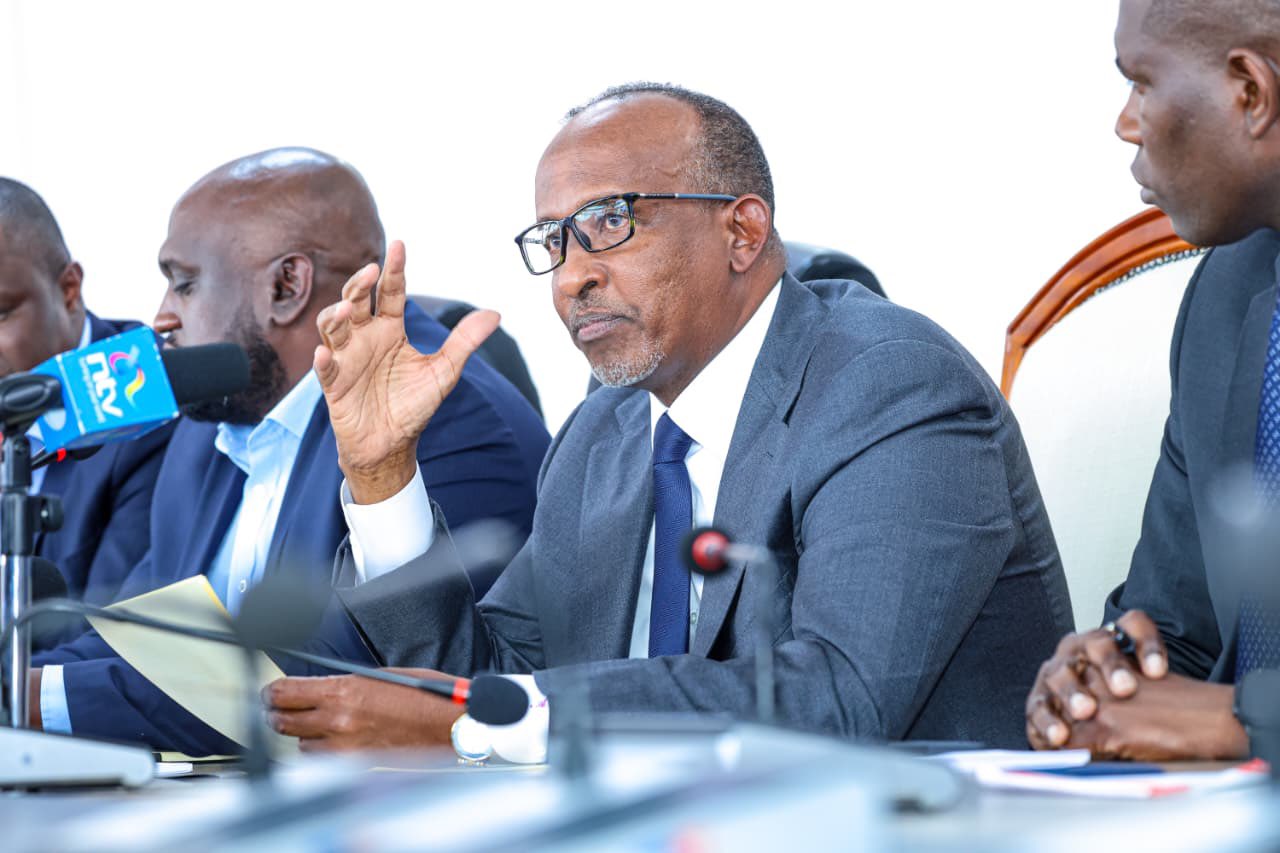

Health Cabinet Secretary Aden Duale has said that healthcare fraud is not only happening in Kenya but across the globe.
This follows claims of massive fraud in Kenya’s healthcare sector, with the CS warning hospitals, doctors, and patients that perpetrators will face the full force of the law.
In a statement on Monday, the CS healthcare fraud happening across the globe drains expenditure meant for treatment.
“Healthcare fraud is a global problem, draining an estimated 3 per cent to 15 per cent of healthcare expenditures annually,” the CS said.
“In Kenya, the Association of Kenya Insurers (AKI) reports that fraudulent claims account for 30 per cent of all payouts. This isn't just a challenge for us; it's a systemic menace. Our rigorous enforcement is a necessity, not an option.”
The CS said that since he assumed office on April 1, 2025, the ministry has intensified the fight against fraud.
He said the comprehensive digital system was specifically designed to detect and eliminate vulnerabilities that plagued the defunct National Health Insurance Fund (NHIF).
“The primary function of our digital system is to detect fraud. We have seen that facilities are looking for innovative ways to cheat the system, but our digital architecture is designed to detect and flag anomalies at every stage of the claims process,” he said.
“Hence, you will find that fraud can be detected and stopped at any point, including at the payment stage, as our artificial intelligence module becomes more effective with the availability of more data. The more data we collect, the easier the detection of fraud becomes.”
He said the intensified fight against fraud resulted in the
closure of 728 non-compliant facilities and the downgrading of an additional
301 facilities by the Regulator KMPDC.
In Kenya, Duale disclosed that fraudulent claims are draining billions from the Social Health Insurance Fund (SHIF).
Out of Sh82.7 billion in claims submitted, Sh10.6 billion has been rejected due to fraud or non-compliance, while another Sh2.1 billion remains under surveillance.
“Our position on safeguarding public resources has been consistent, clear, and unwavering. The concerns now being raised are not new; they have been an integral part of our public discourse and enforcement actions from the very beginning,” he said.












